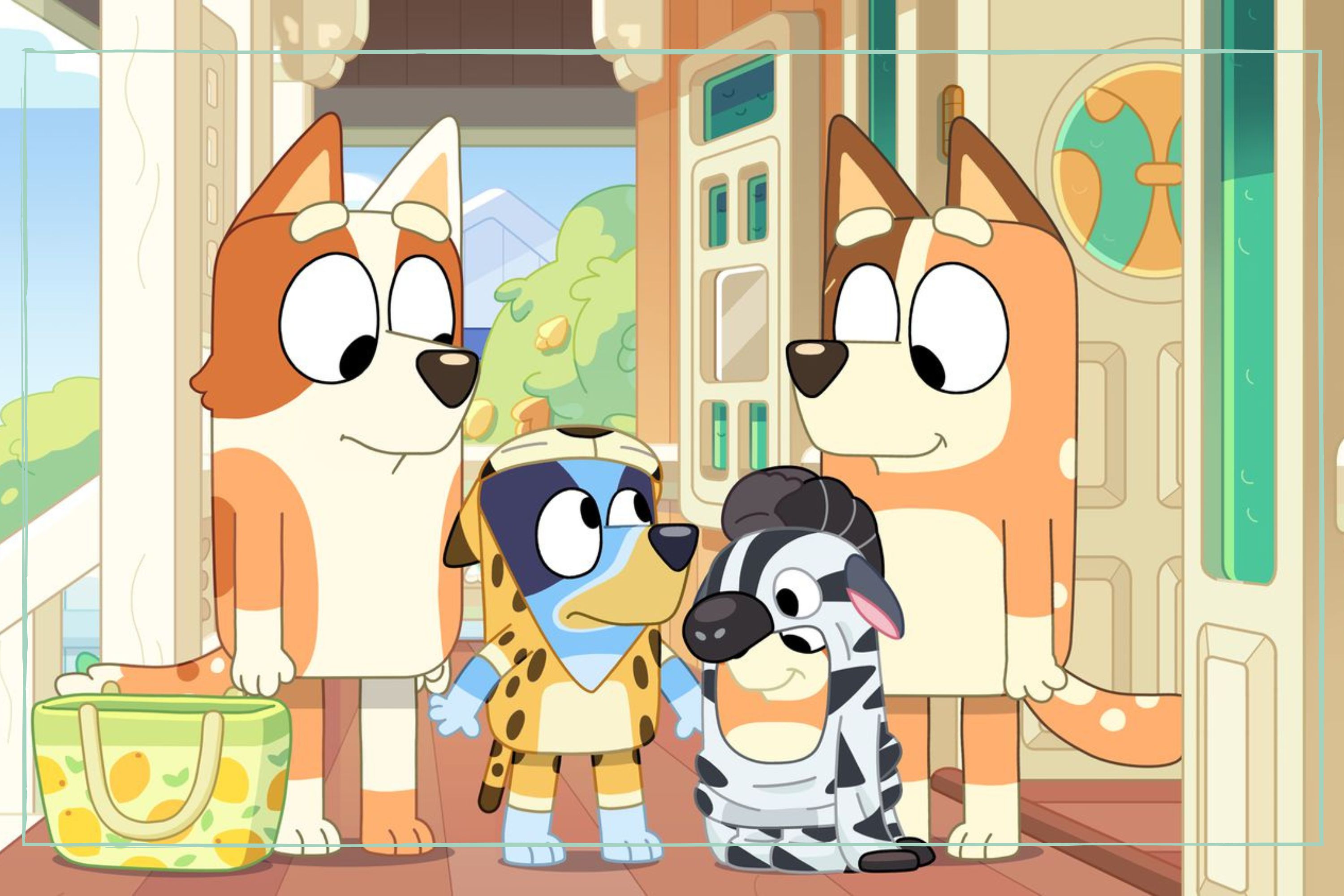If you don't love Bluey this could be why, according to a child therapist (and it's pretty surprising)
Not everyone loves the popular kids cartoon, but the reason why runs deeper than you might first think

A child therapist has shared a theory explaining why some parents may not enjoy the popular kids cartoon Bluey - and our experts agree with the surprising insight.
Everyone loves Bluey, right? The cartoon has received an incredible amount of praise for its realistic depiction of parenting with storylines sharing LGBTQ+ stories and heartbreaking real-life issues like Aunt Brandy's struggles to get pregnant.
But while the show's many plot twists have enthralled kids and parents alike, some weren't devastated by rumours that the show is ending and have been left asking why Bluey is popular at all.
It might seem shocking to those who love the show, but many parents don't enjoy the cartoon at all. Why? According to one child therapist, it likely has something to do with how they were brought up.
Jess, known as NurturedFirst on Instagram, shared, "I had a conversation with a Dad today about the TV show Bluey. He told me he didn't like it because it taught kids it was ok to be disrespectful to their parents. I was curious about this response."
Jess asked the Dad, "What about the show feels disrespectful to you?" He told her that because the kids in the show tease their parents and the parents are 'ok' with the kids playing games on them, the show, "Normalised an overall disrespect for authority."
His answer led the expert to theorise that some parents perhaps don't like the show because it depicts a completely different type of family relationship to the one they grew up with. And that's sad as, for this father, "Play didn't happen in his home," the expert says and that's informed his view on what the family home should be like.
Parenting advice, hot topics, best buys and family finance tips delivered straight to your inbox.
"It’s about the way we see kids, the way we saw our parents, and ultimately our own triggers," Jess explained. "For parents who didn't grow up in a 'playful' home, the idea of playing with their kids can bring up many feelings.
"You might see kids who desire play as bad or disrespectful. Play might seem like a waste of time."
A post shared by Jess | Nurtured First Parenting (@nurturedfirst)
A photo posted by on
She added, "I think that's why the show Bluey is so profound. It shows us that we can be parents worthy of respect even when we are silly and playful with out kids.
"Play is our kid's language. They understand the world through play. When we play with our kids, it's the ultimate sign of us respecting them - and in turn, they start to respect us back."
Georgina Sturmer, counsellor, MBACP, agrees with Jess, saying that people's reactions to the show are largely informed by their own experiences growing up.
"We see everything around us through our own frame of reference. So when we see depictions of family life we are subconsciously comparing them with our own experiences, and judging them by our own standards," she told us here at GoodTo.com.
"It’s often the case that TV shows don’t necessarily reflect a version of family life that feels familiar to us. For example, if we didn’t grow up in a particularly playful home, then the family depictions in Bluey might elicit a reaction from us."
She added, "This reaction won’t necessarily be the same from everyone. We might be critical and judgemental if we look at family dynamics that feel unfamiliar, especially if we look back on our own childhood with fondness. Alternatively, these depictions might make us feel wistful or even jealous, if it shows a more idealised image of childhood compared with the one that we experience. "
In other entertainment news, this Bridgerton star has very famous parents - and we mean very famous (you'll definitely recognise them). Plus, is Eric a true story? Benedict Cumberbatch lives every parent’s worst nightmare in new Netflix show. And, Normal People season 2 rumours are circulating, and we have our own Marianne and Connell 'first love' stories to share.
Charlie Elizabeth Culverhouse is a news writer for Goodtoknow, specialising in family content. She began her freelance journalism career after graduating from Nottingham Trent University with an MA in Magazine Journalism, receiving an NCTJ diploma, and earning a First Class BA (Hons) in Journalism at the British and Irish Modern Music Institute. She has also worked with BBC Good Food and The Independent.